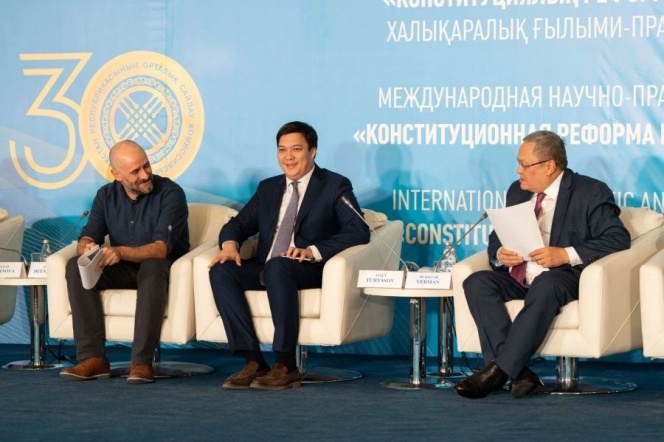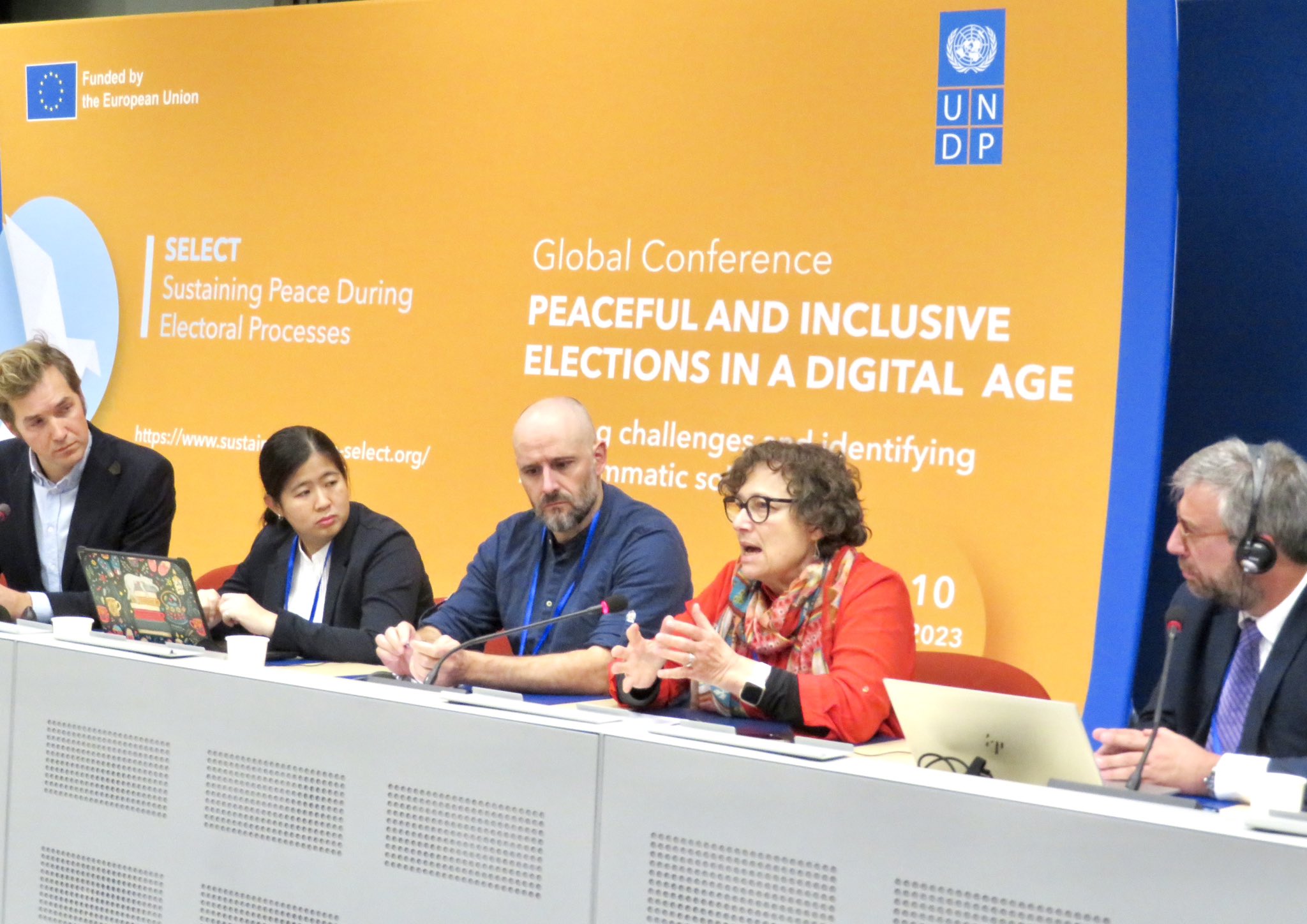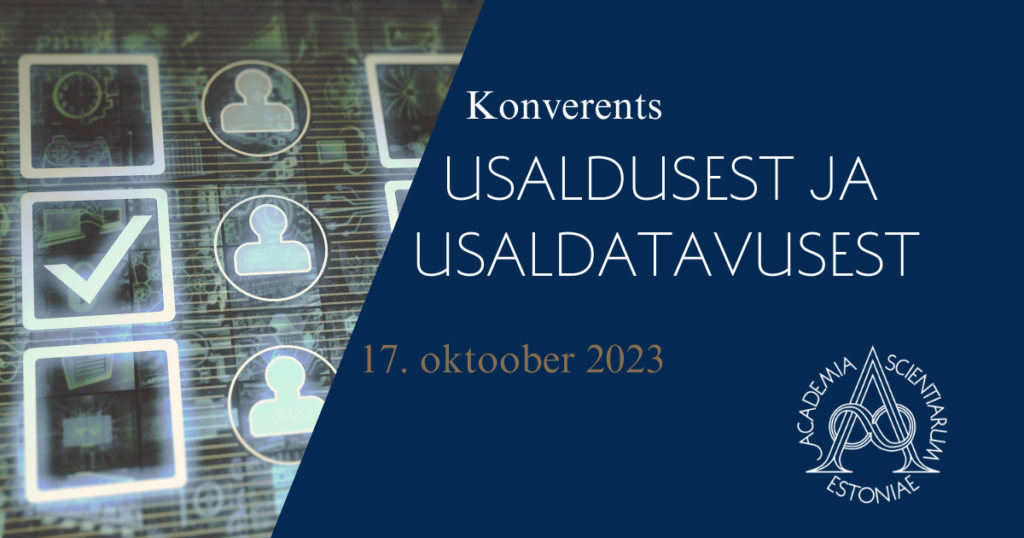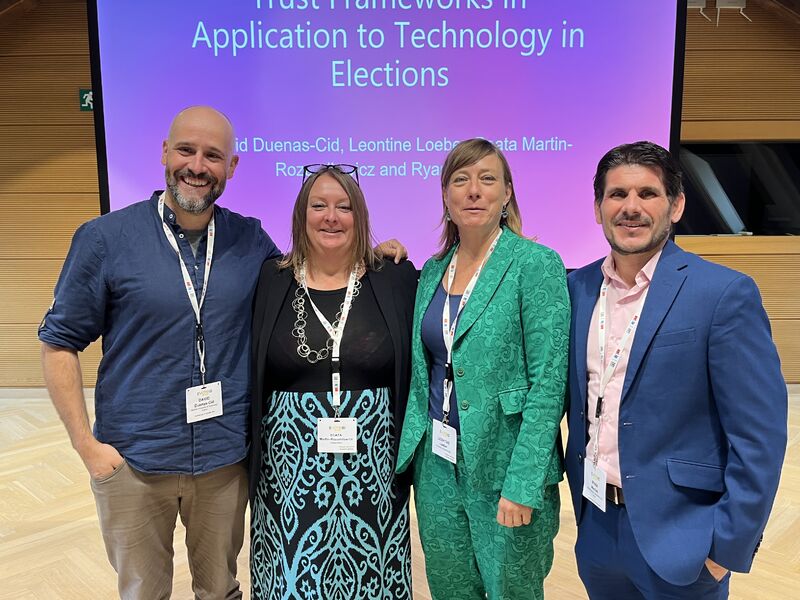The conference, organized on the 30th anniversary of the Kazakhstan's Central Electoral Committee was attended by the heads of the Central Election Commissions, representatives of international organizations, and participants from 11 countries in the region - Azerbaijan, Armenia, Belarus, Georgia, Jordan, Moldova, Mongolia, Turkey, Estonia, Kyrgyzstan and Uzbekistan.
At the conference, I could present an overview of the use of electoral technology, highlighting the benefits and risks of its adoption, and introduce elements that bring trust or distrust to internet voting:
- Trust is built slowly, closely related to the perceived trust in government, the positive experience in using similar technologies, etc.
- In contrast, distrust is created and disseminated quickly, following the contents and experience that undermine the trustworthiness of technology.
I had also the chance and pleasure to visit the Ministry of Digital Development, Innovations and Aerospace Industry, where I met Mr Asset Turyssov, Vice-Minister of Digital Development, to discuss the developments in digital government and digital public services in Kazakhstan.





I presented the work stemming from the ELECTRUST project "Trust and distrust in electoral technologies: what can we learn from the failure of electronic voting in the Netherlands (2006/07)" (paper available here). I also had the pleasure of chairing the track on "Digital Government, Solidarity, and Cohesion" together with Tomasz Janowski and Estevez Elsa. It was a great learning and networking experience, allowing me to meet great researchers and participate in interesting dialogues with world-recognized leaders in their field of research.
I am happy to continue to be involved in the future edition of the conference as a Program Chair and will be more than happy to meet the community again in Porto Alegre (Brazil) at the next DGO 2025!